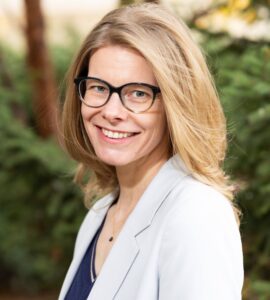
Ágnes Horvát, Associate Professor
Agnes develops network and data science approaches to understand and support collective intelligence in Web-based systems. Capitalizing on her background in physics, computer science, film and media, her work uses a multidisciplinary empirical approach to uncover the dynamics of success in knowledge creation and cultural markets, as well as to identify expressions of the wisdom of crowds that facilitate decision-making and innovation.
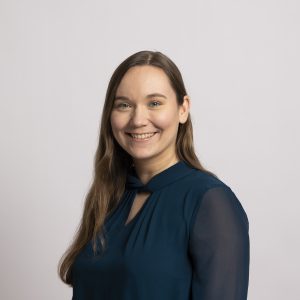
Miriam Schirmer
Miriam is a postdoctoral researcher, focusing on the impact of AI on misinformation in science. She also conducts research on using natural language processing (NLP) for violence detection and mental health. Miriam holds a Ph.D. in Computational Social Science from the Technical University of Munich. Her academic background is multidisciplinary, with undergraduate degrees in Psychology, Political Science, and History, along with a master’s degree in Criminology.
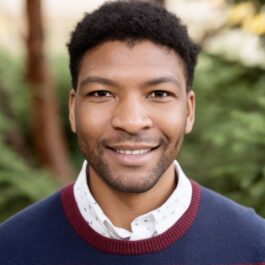
Henry Dambanemuya (Technology and Social Behavior)
Henry’s research examines collective intelligence problems in crowd-based systems. He uses theory-driven investigations that rely on mining Big Data about human interactions and behavior, online experiments and surveys, natural language processing, machine learning, and statistical modeling frameworks. Supported by these novel approaches, his research advances theories of collective intelligence and complex systems and makes methodological contributions toward human-centered AI and crowd-aware system design.

Katherine O’Toole (Technology and Social Behavior)
Katherine’s research focused on the effects that technology and computing have on larger social networks and group behavior, as well as the ability of technology to connect us and change the way ideas are developed and disseminated. Her research focuses on developing a better understanding of creativity, especially within existing social contexts and networks, and applying this knowledge to computationally model creative processes.
Keywords : Complex Network Analysis, Human-Computer Interaction, Social Computing
https://kmotoole.github.io/About/
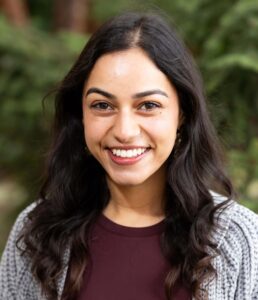
Maalvika Bhat (Technology and Social Behavior)
Maalvika Bhat is a PhD student interested in examining how big data and algorithms are creating and exacerbating disparities in infrastructure, systems, and social networks, to eventually help in reducing them. Maalvika holds a BS in Computing from Olin College of Engineering.
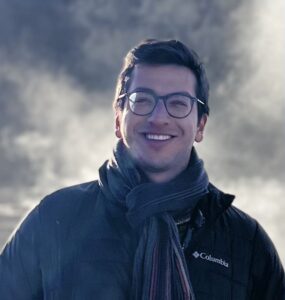
Jose Cordova (Technology and Social Behavior)
Jose is interested in analyzing the emergence of collective intelligence and understanding shat types of networks structures and communication processes allow crowds to be better decision makers. He holds a BEn. in Electrical and Electronic Engineering from The University of Manchester and a MSc in Electrical and Computer Engineering from the University of Michigan.
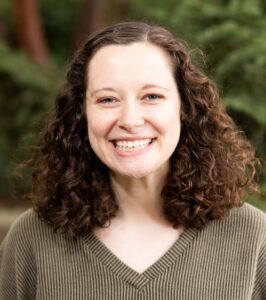
Julia Barnett (Technology and Social Behavior)
Julia’s research interests lie in algorithmic ethics and impact, transparency, reducing the socio-technical harms of algorithmic systems, and deep generative applications in social contexts. Recently she has been working on various projects in the algorithmic impact space and has been examining how to identify data attribution in generative music models to empower creators and users to move from ignorant appropriation to informed creation.
https://www.juliabbarnett.com/
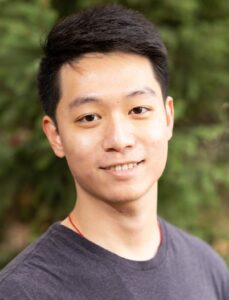
Haohan Shi (Media, Technology, and Society)
Haohan is broadly interested in the science of science, misinformation, online democracy, computational social science, and AI for social good. His current work focuses on advancing online scholarly communication and promoting the democratization of science through digital science dissemination. He holds an M.A. in Computational Social Science from the University of Chicago.
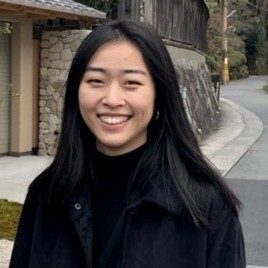
Sohyeon Hwang (Media, Technology, and Society)
Sohyeon’s research interests center around understanding the complexity of governing heterogeneous online spaces. One line of her work examines the dynamics and significance of localized governance mechanisms and another line focuses on information distortion as content moves across such spaces.
Keywords : Online Governance, Social Computing, Information Distortion, Complexity
Affiliated Researchers
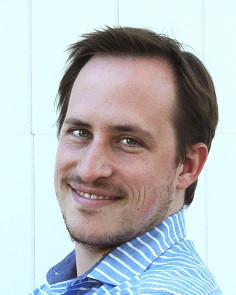
Johannes Wachs (Vienna University of Economics and Business)
Johannes is an assistant professor at the Vienna University of Economics and Business. He is also a faculty member at the Complexity Science Hub. He studies social, technical, and economic networks and their effects on society using methods of data and network science. Currently he is studying how software systems and their creators shape the digital economy. He has a PhD in Network Science from Central European University, and has been affiliated with RWTH Aachen University and the Oxford Internet Institute.
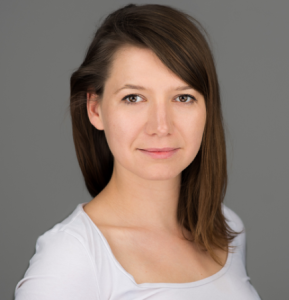
Orsolya Vásárhelyi (Corvinus University of Budapest)
Orsolya holds a Ph.D in Network & Data Science from the Central European University in Vienna, Austria. She is a Computational Social Scientist with a background in Statistics and Sociology. She is an ambassador and advisory board member of the Global Women in Data Science Initiative at Stanford University, and member of the Data Science for Social Good Alumni. Previously she was a postdoctoral Researcher at the University of Warwick, CIM, currently she is a research fellow at the NETI Lab at Corvinus University of Budapest. Her research focuses on how network and data science can lead to a better understanding of unconscious bias in STEM.

Hao Peng (Northwestern University)
Hao Peng is a Postdoc at Northwestern University Institute on Complex Systems. He works with Brian Uzzi at the Kellogg School of Management. He is interested in computational social science and data science. His research focuses on innovation, leadership, communication, social identity, and the intersections of these topics. His current research studies the mechanisms involved in the production and dissemination of novel ideas in science. He obtained a PhD from University of Michigan and a BS degree in Information Management from Sun Yat-sen University in China.
Alumni
- Nick Hagar, The New York Times
- Yixue Wang, Northwestern University
- Herminio Bodon, Northwestern University
- Eunseo (Dana) Choi, MIT
- Igor Zakhlebin, 3RedPartners, Chicago
- Gaoyuan (Louis) Huang, Visa Inc.
- Isabella Loaiza-Saa, MIT Media Lab
- Melanie De Vincentiis, Sciences Po
- Kyosuke Tanaka, Aarhus University
- Haomin Lin, University of Washington
